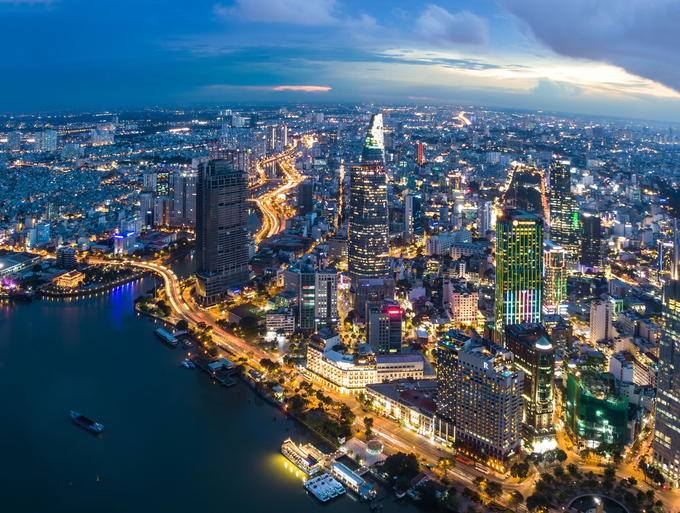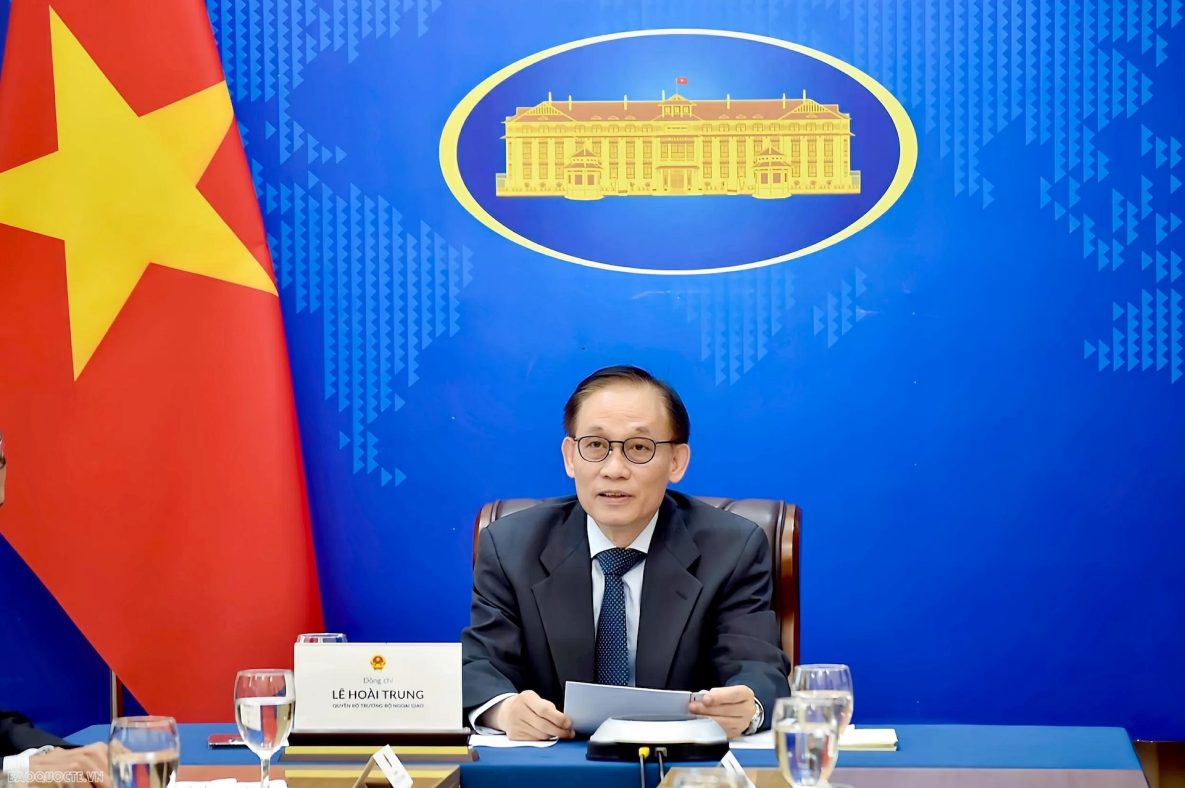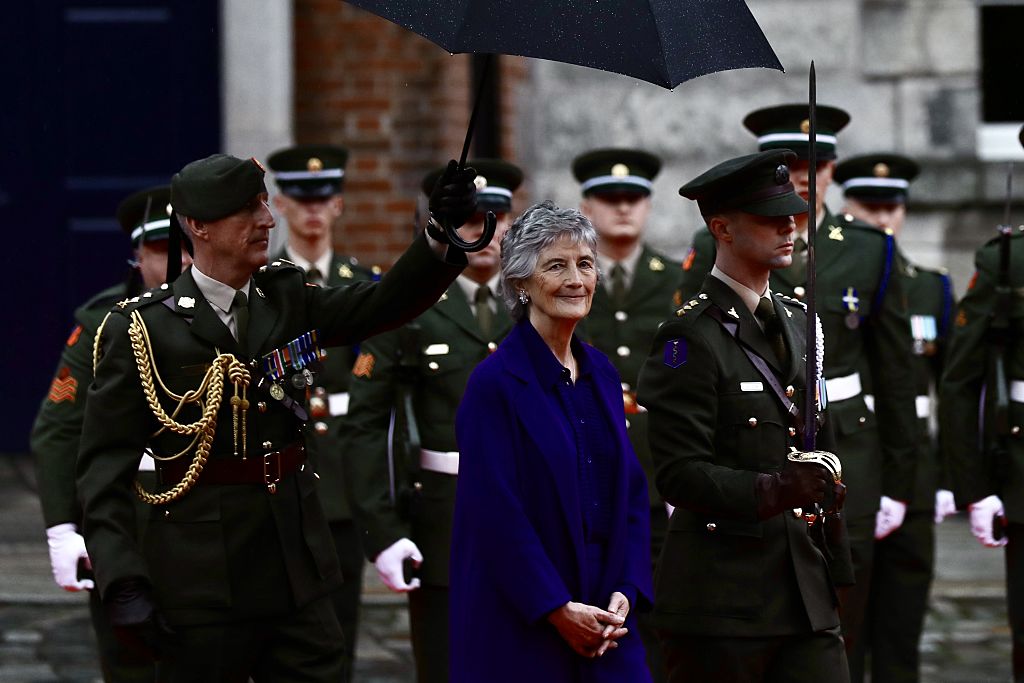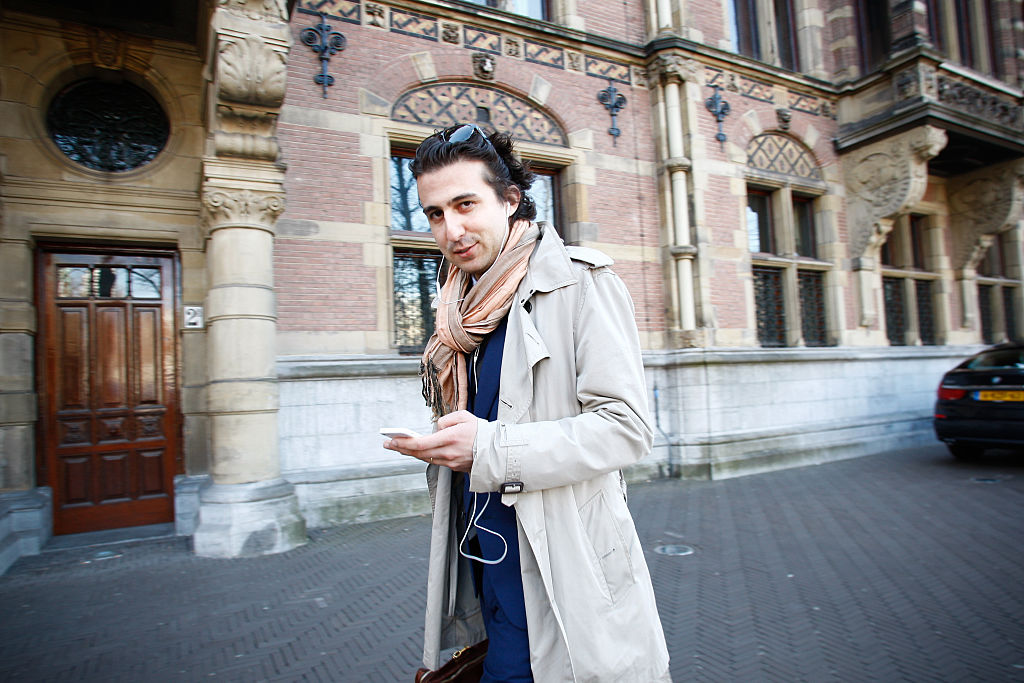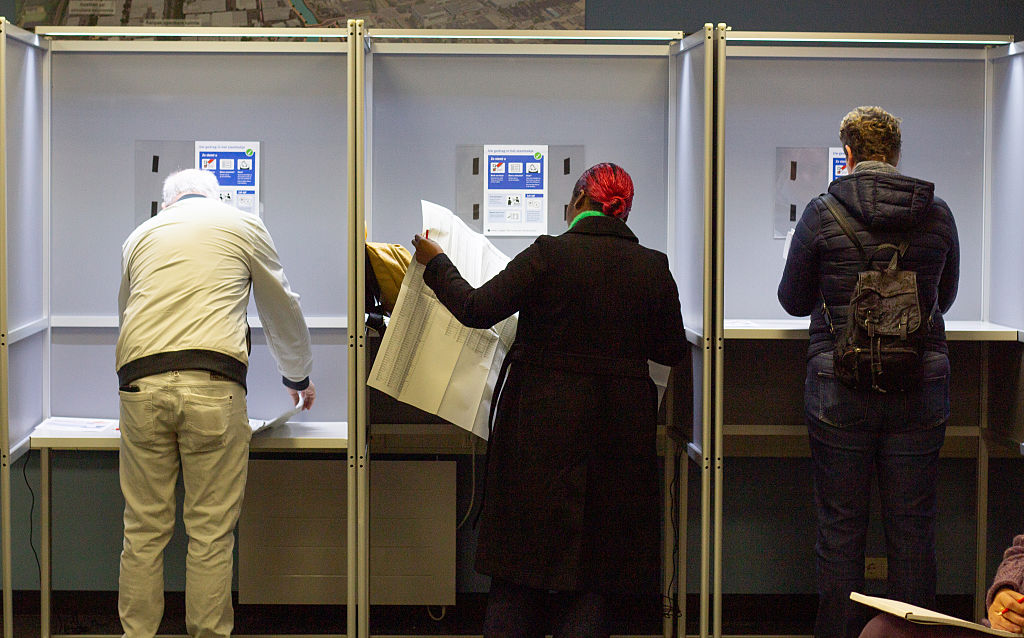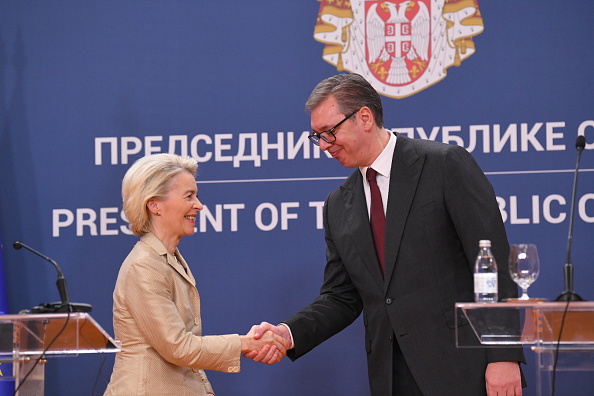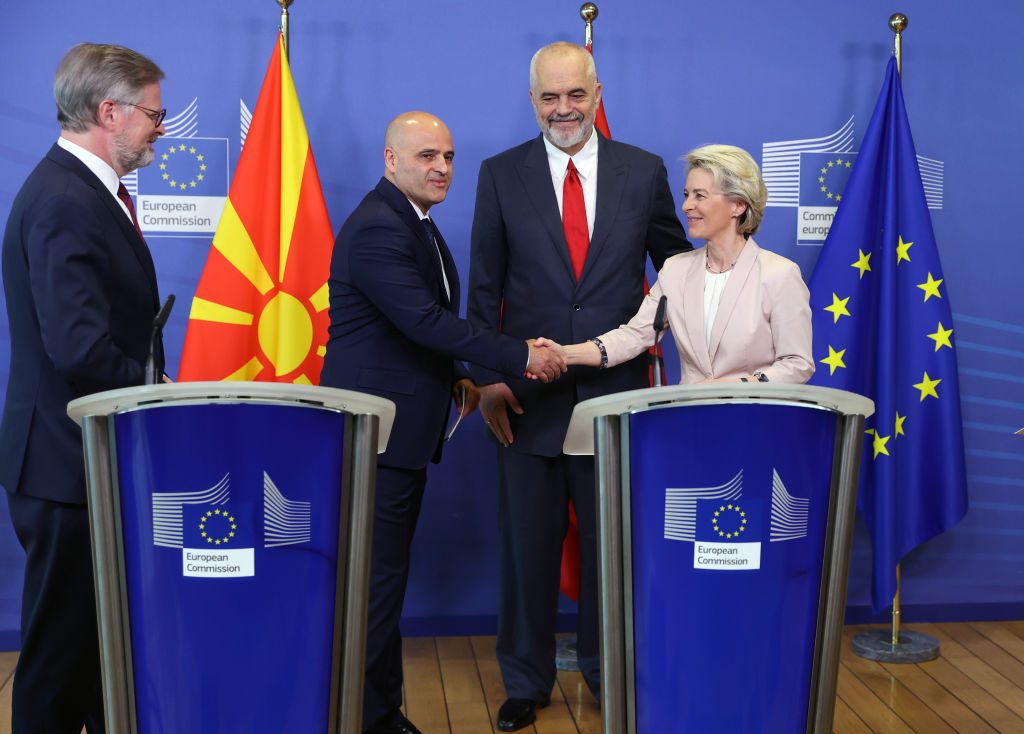Moldova and Georgia: how domestic struggles threaten EU dreams
What is the future of Moldova and Georgia's European dreams?
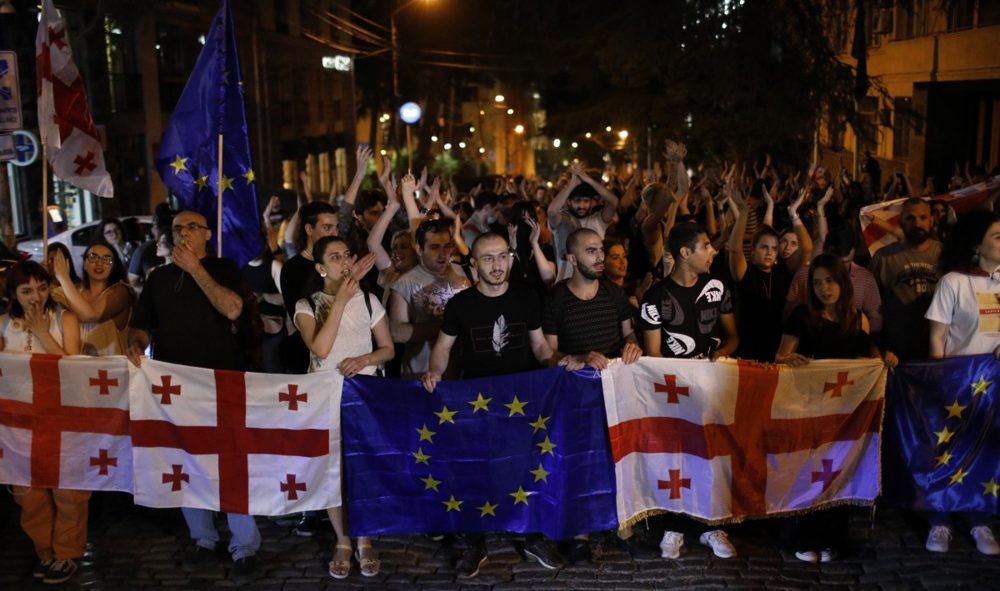
Moldova and Georgia are at a crossroads in their paths toward European integration. Just recently, Moldova held a constitutional referendum where voters expressed their desire to enshrine EU aspirations. The contest turned out to be tighter than expected, with allegations of Russian interference and vote-buying.
Further southeast on the continent, Georgian voters are preparing to cast their ballots in parliamentary elections this Saturday (October 26). The ruling party’s close ties to Moscow and controversial policies raise questions about the country’s EU candidacy.
To better understand the importance of the elections in Moldova and Georgia and the challenges in their European ambitions, host Evi Kiorri spoke with Dr Tinatin Akhvlediani, research fellow in the EU Foreign Policy Unit at CEPS.


